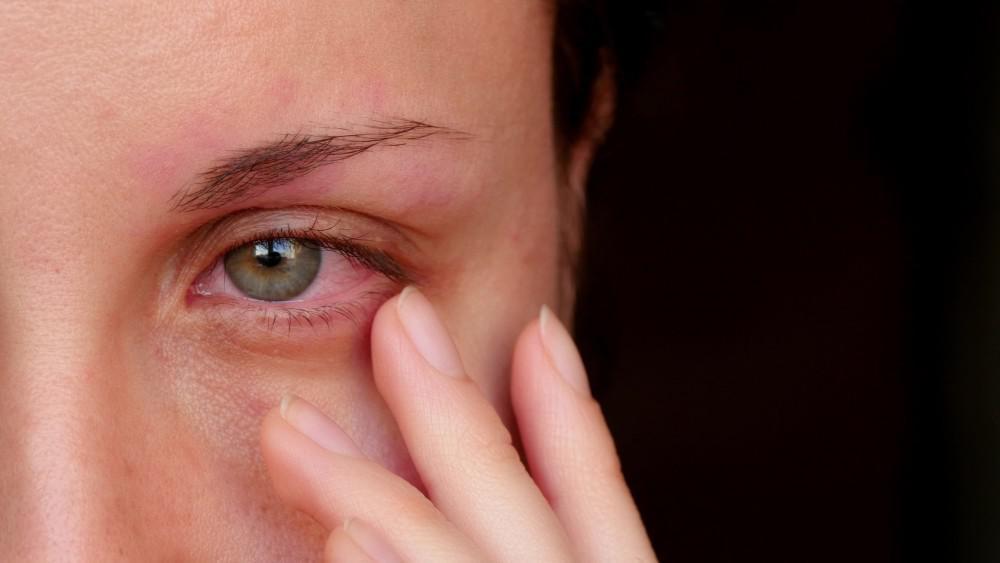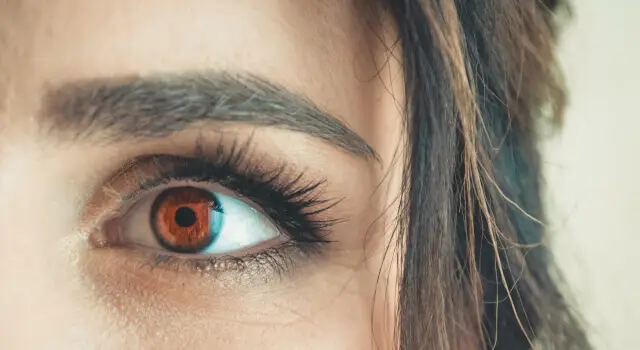Eye floaters are a common visual phenomenon that many people experience, especially as they age. These small, shadowy specks or strands drift across your vision and are most noticeable when looking at a bright, plain background such as a clear blue sky or a white wall. While often harmless, floaters can occasionally signal a more serious eye condition. Understanding what floaters are, why they occur, and when to seek medical advice is essential to protecting your vision.

What Are Eye Floaters?
Eye floaters are tiny clumps of gel or cells inside the vitreous, the clear gel-like substance that fills the inside of the eye. As we age, the vitreous begins to shrink and liquefy, pulling away from the retina. This natural process can cause microscopic fibers within the vitreous to clump together, casting shadows on the retina. These shadows are what we perceive as floaters.
Floaters can appear as:
-
Specks
-
Thread-like strands
-
Cobwebs
-
Black or gray dots
-
Rings or squiggly lines
They usually move when you move your eyes and seem to drift away when you try to look at them directly.

Common Causes of Floaters
Floaters are most frequently caused by age-related changes in the vitreous humor, known as vitreous syneresis. However, other causes include:
-
Posterior vitreous detachment (PVD): A common condition in older adults where the vitreous separates from the retina.
-
Myopia (nearsightedness): People with severe myopia are at higher risk of floaters due to elongation of the eyeball.
-
Eye injuries or trauma: Can disturb the vitreous or retina, leading to floaters.
-
Eye surgeries or laser procedures: Such as cataract surgery or YAG laser capsulotomy.
-
Inflammation in the eye (uveitis): Infections or autoimmune conditions may lead to floaters due to inflammation and debris in the vitreous.
When to See an Eye Doctor
While most floaters are benign, a sudden increase in floaters, especially if accompanied by flashes of light or loss of peripheral vision, could be a warning sign of a retinal tear or detachment. These conditions require immediate medical attention.
Warning signs to watch for:
-
A sudden shower of floaters
-
Flashes of light in your peripheral vision
-
A dark curtain or shadow moving across your field of vision
-
Sudden blurred vision
If any of these symptoms occur, consult an ophthalmologist immediately. Retinal tears or detachments can lead to permanent vision loss if not treated promptly.

Diagnosis of Eye Floaters
Eye doctors use a variety of tools and techniques to assess floaters and rule out serious issues:
-
Dilated eye exam: Eye drops are used to widen the pupil so the doctor can examine the retina and vitreous more thoroughly.
-
Slit-lamp examination: Provides a magnified view of the structures inside the eye.
-
Ocular ultrasound (if needed): In cases where the retina cannot be visualized clearly due to bleeding or opacity.
These tests help determine whether the floaters are harmless or if they indicate a more serious condition requiring intervention.
Treatment Options for Floaters
In most cases, floaters do not require treatment and become less noticeable over time as the brain learns to ignore them.
However, for individuals who find floaters particularly bothersome or who have a significant number of them, the following treatment options may be considered:
-
Observation: Most floaters do not interfere significantly with vision and require no intervention.
-
Vitrectomy: A surgical procedure that removes the vitreous gel and replaces it with a clear solution. While effective, it carries risks such as cataracts, retinal detachment, and infection, and is typically reserved for severe cases.
-
Laser vitreolysis: A less invasive procedure that uses lasers to break up floaters. Not all patients are candidates, and long-term efficacy is still being studied.
Discuss all potential risks and benefits with your ophthalmologist before considering treatment.

Can You Prevent Eye Floaters?
There is no guaranteed way to prevent floaters, especially those that occur due to natural aging. However, maintaining overall eye health can reduce the risk of serious complications. Here are a few steps that may help:
-
Regular comprehensive eye exams: Especially important for individuals over age 50 or with risk factors like diabetes or high myopia.
-
Protect your eyes from injury: Use protective eyewear during activities that pose a risk of trauma.
-
Manage chronic conditions: Diabetes, hypertension, and autoimmune disorders can increase the risk of eye inflammation and retinal damage.
-
Maintain a healthy lifestyle: A balanced diet rich in antioxidants, regular exercise, and not smoking support long-term eye health.
Are Eye Floaters Ever a Medical Emergency?
Yes. If floaters are accompanied by sudden flashes of light, vision loss, or a curtain-like shadow, seek emergency eye care. These symptoms may indicate retinal detachment, which can cause permanent vision loss if not treated urgently.
Living With Eye Floaters
If floaters persist but are not harmful, most people learn to live with them. Simple strategies can help minimize their impact:
-
Avoid staring at bright, plain backgrounds: Floaters are more noticeable against a clear sky or white wall.
-
Move your eyes slowly up and down: This can help shift floaters out of your central field of vision.
-
Reduce screen glare: Use anti-glare screens or blue light filters to reduce eye strain that may make floaters more noticeable.
Conclusion: Monitor Changes and Protect Your Vision
Floaters are a common part of the aging process, but it’s important to stay alert to changes in their pattern, frequency, or appearance. While most floaters are harmless, sudden changes should not be ignored. An eye exam is the best way to rule out serious conditions such as retinal detachment or other underlying eye diseases.
Protecting your vision starts with awareness. Regular eye checkups, especially after the age of 40, are essential for detecting early signs of eye conditions, including those related to floaters. If you’re unsure whether the floaters you’re seeing are normal or a cause for concern, schedule an appointment with a licensed eye care professional.
